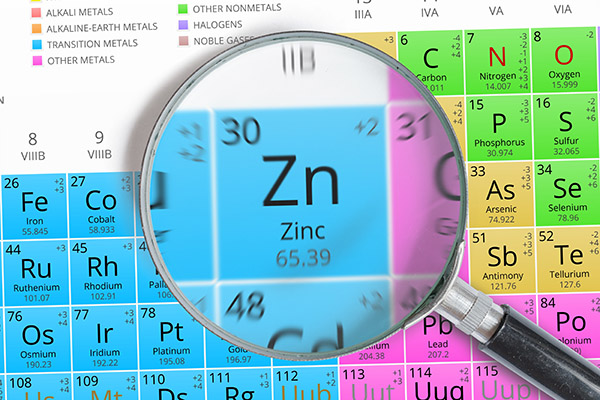The “garbage trucks” of the body might help us fight infection.
Training our immune system to better defend against infection could provide another avenue to treating bacterial diseases.
Professor Matt Sweet, from IMB’s Centre for Inflammation and Disease Research, is trying to understand how our immune system detects and responds to infections.
“Although new antibiotics are being developed, bacteria can rapidly evolve to defend against them,” Dr Sweet said.
“Of course, such approaches to combat bacterial infections are still incredibly important, because if there’s no antibiotic that can be used, you’re in serious trouble.
Training the immune system
But we’re trying another approach – to manipulate or ‘train’ the immune system to better defend against infection.”
Dr Sweet’s research focuses on characterising genes and pathways in immune cells called macrophages, which both drive inflammation and are involved in the clearance of bacterial pathogens.
“Macrophages are cells that are present in every tissue in our body.
They detect danger – if we cut ourselves or have an infection, for example,” Professor Sweet said.

Macrophages detect danger
“These cells are often long-lived, and they use a number of different strategies to defend against pathogens.”
Professor Sweet describes macrophages as the “garbage trucks of the body”, gobbling up and destroying pathogens and unwanted debris: “Once they take up the pathogen, they engage a range of different pathways to try to kill the ingested microorganism.”
But this is not always effective.
Pathogens actively evade the immune system – and many actually do so by hiding out inside the macrophages – a cunning strategy employed by a number of different viruses, bacteria, parasites and fungi.
Using metal ions to kill bacteria
“Over the past decade, scientists have discovered several antimicrobial strategies that are used by macrophages to successfully overcome infections.
We found that macrophages use toxic concentrations of metal ions to kill intracellular bacteria.”
Metals such as zinc and iron are essential for survival.
Many of the enzymes in both our own cells and in bacteria need zinc and iron to function. One of the responses of the immune system involves starving bacteria of these metals.
But another strategy relies on the delivery of toxic concentrations of zinc and copper to kill the bacteria in macrophages.
“We have previously found, in collaboration with other researchers at The University of Queensland, that macrophages take up copper and zinc from outside the cell to clear bacterial pathogens within these cells,” Professor Sweet said.

Manipulating macrophages
If Professor Sweet and his lab can understand how macrophages defend against bacteria, they might be able to reprogram these cells to be better equipped to fight superbugs.In recent times, there’s been a lot of interest in this approach, which Professor Sweet says reflects the concern about the rapid increase in multidrug-resistant bacteria.
And that’s pushed the field into thinking about different ways of tackling bacterial resistance – no antibiotics required.
“We do have some exciting new data in development,” he said.
“These findings suggest that we can indeed manipulate macrophages to more effectively clear intracellular bacterial infections.”
